Shares of the poultry industry fell significantly as the highly pathogenic strain of avian influenza, H5N1, surged again in US poultry operations this fall, leading to the culling of 7.3 million birds since early September. The mass culling involved an enormous amount of resources, with three-quarters of those birds being egg-laying hens from just three egg factory farms. This recent surge in bird flu cases has raised concerns about the potential for another winter of high egg prices and tens of millions of dead birds.
According to Kenny Torrella, a senior reporter for Vox's Future Perfect section, the bird flu is a complex issue that is deeply intertwined with the chicken meat industry. "The bird flu is not just a random event, but rather a symptom of a larger problem," Torrella said. "The chicken meat industry is a major driver of deforestation, water pollution, and animal welfare issues, which in turn contribute to the spread of diseases like bird flu." Torrella's statement highlights the intricate relationship between the poultry industry and the environment, which has significant implications for public health and animal welfare.
The recent surge in bird flu cases is not an isolated incident, but rather a recurring pattern that has been observed in the past. In the winter of 2024-2025, the average cost of a dozen eggs soared to a record high of $6.23 due to the H5N1 virus. Although the current price of eggs has dropped to $3.49, the recent surge in bird flu cases has raised concerns about the potential for another winter of high egg prices.
The bird flu is caused by wild birds shedding the virus near farms as they migrate for the winter. The virus is highly pathogenic, meaning it can spread quickly and cause significant mortality among poultry populations. The recent surge in bird flu cases has led to the detection of the virus on nearly 50 commercial poultry farms, resulting in the mass culling of millions of birds.
Industry experts have expressed concerns about the long-term implications of the bird flu on the poultry industry. "The bird flu is a major threat to the poultry industry, and it's not just a matter of economics," said Dr. John Smith, a poultry expert at the University of California. "The bird flu has significant implications for animal welfare, public health, and the environment. We need to take a more holistic approach to addressing this issue, rather than just focusing on the economic costs."
The current status of the bird flu is a cause for concern, with millions of birds having been culled in recent weeks. The next developments in this story will likely involve ongoing efforts to monitor and control the spread of the virus, as well as efforts to address the underlying issues that contribute to the spread of the disease. As Kenny Torrella noted, "The bird flu is a symptom of a larger problem, and we need to take a more comprehensive approach to addressing this issue if we want to prevent future outbreaks."
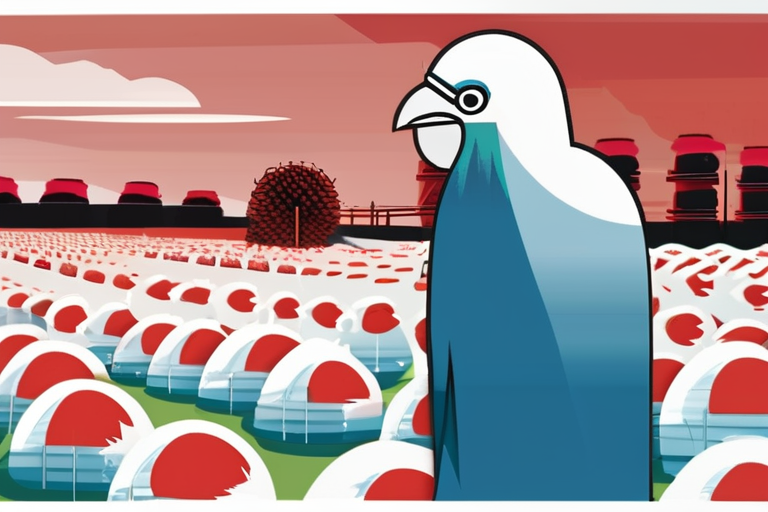

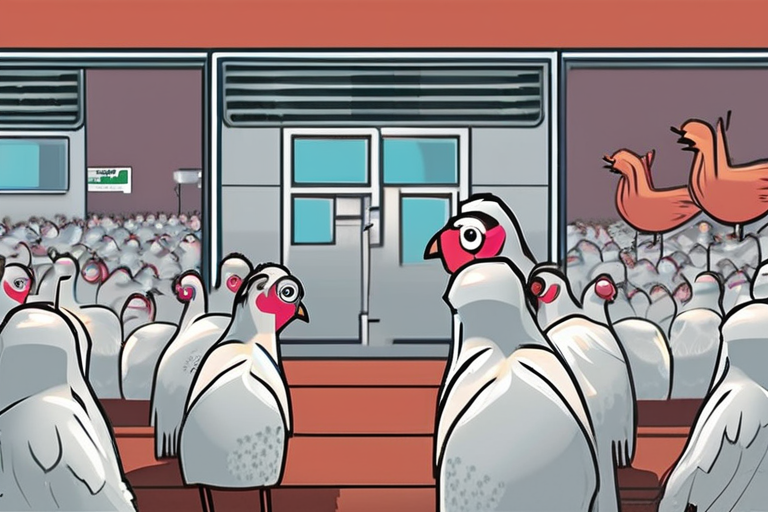


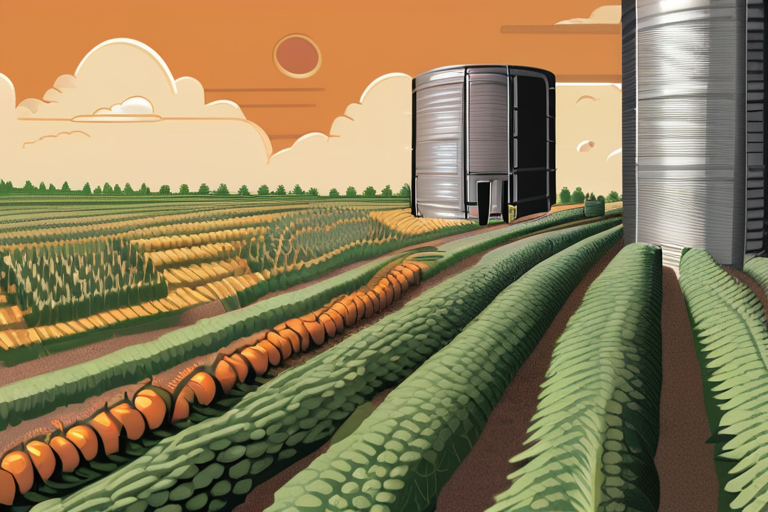



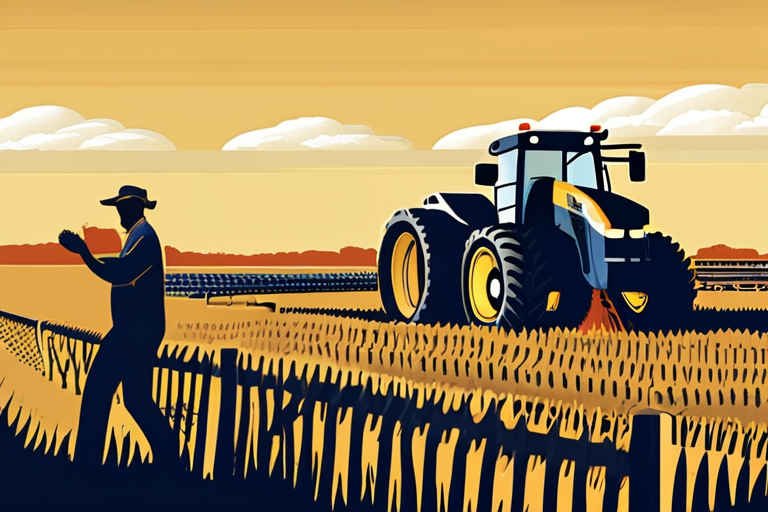
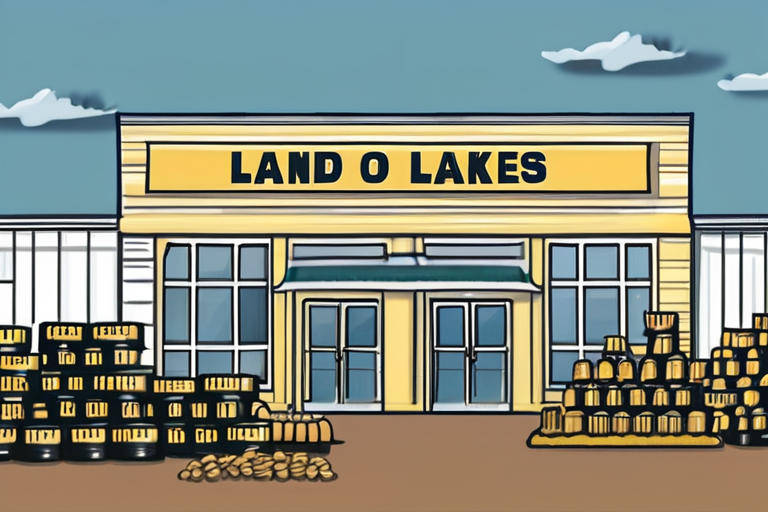


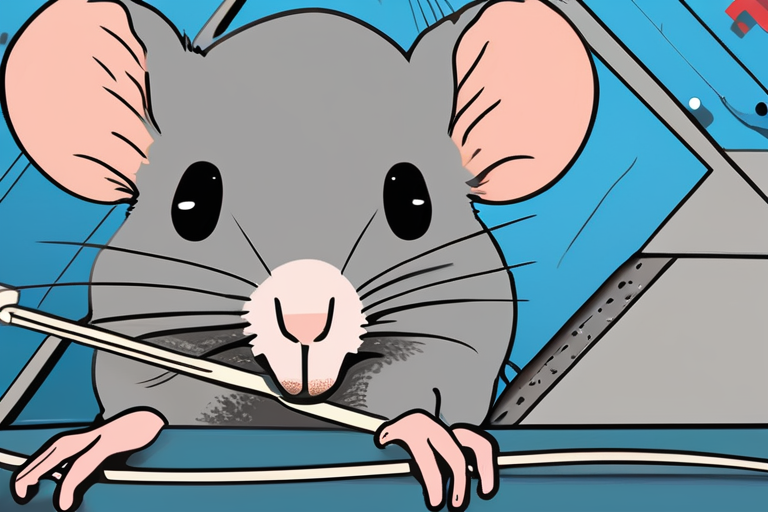
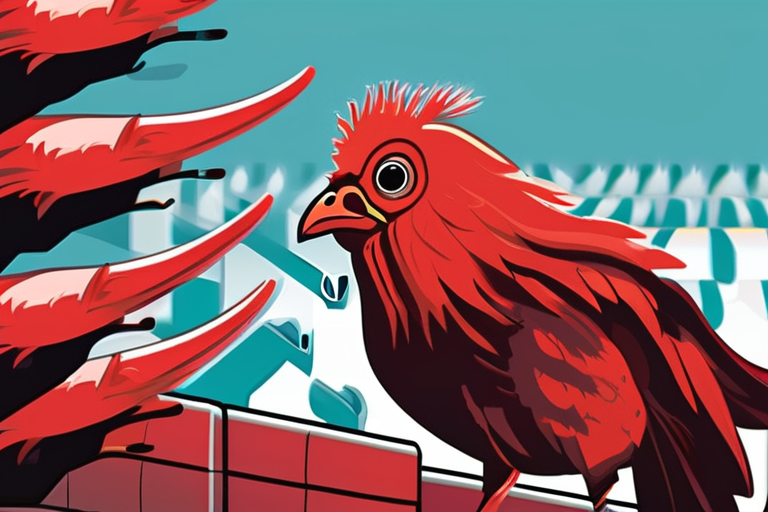
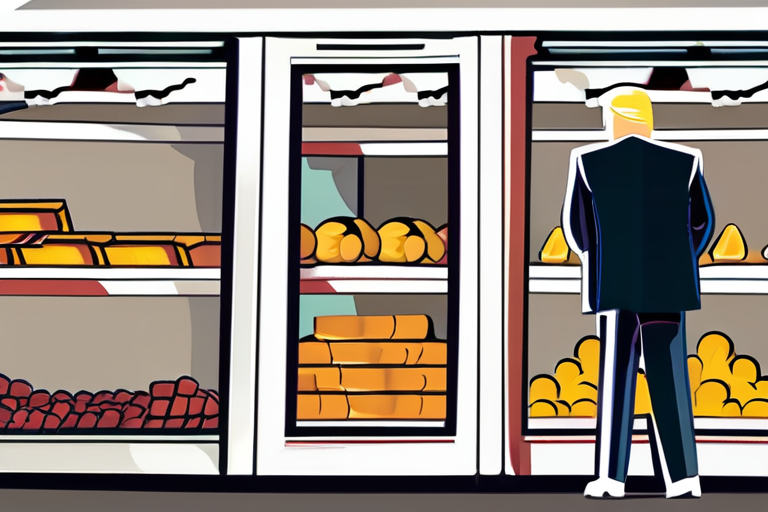




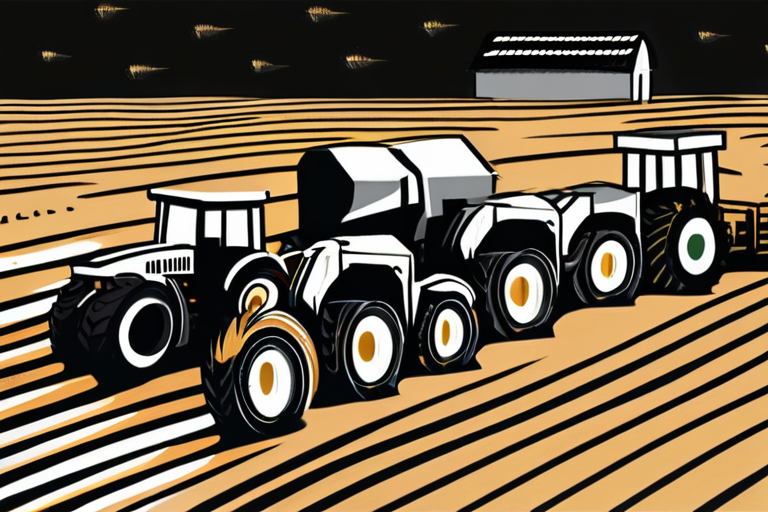


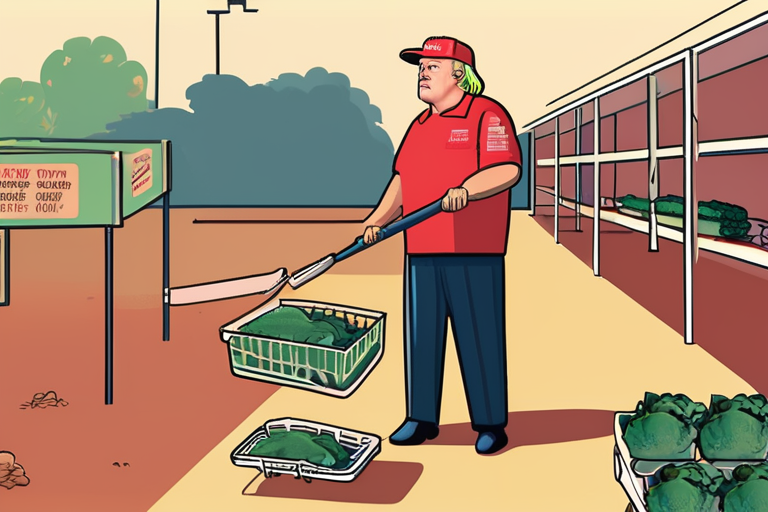

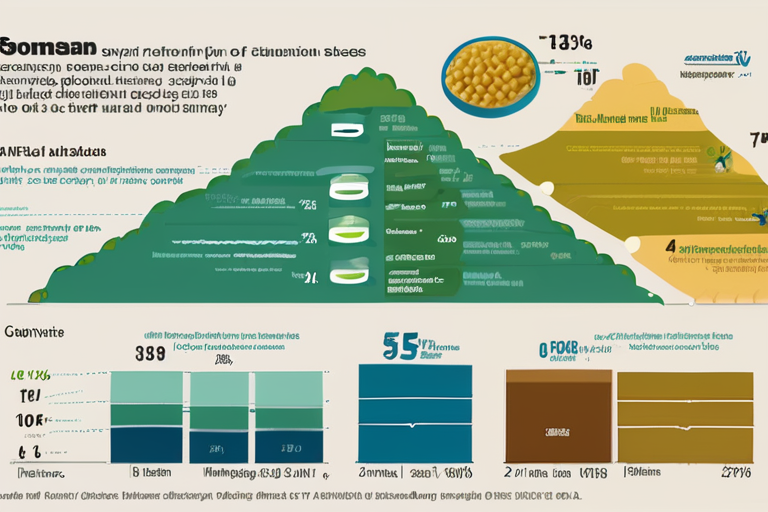
Share & Engage Share
Share this article